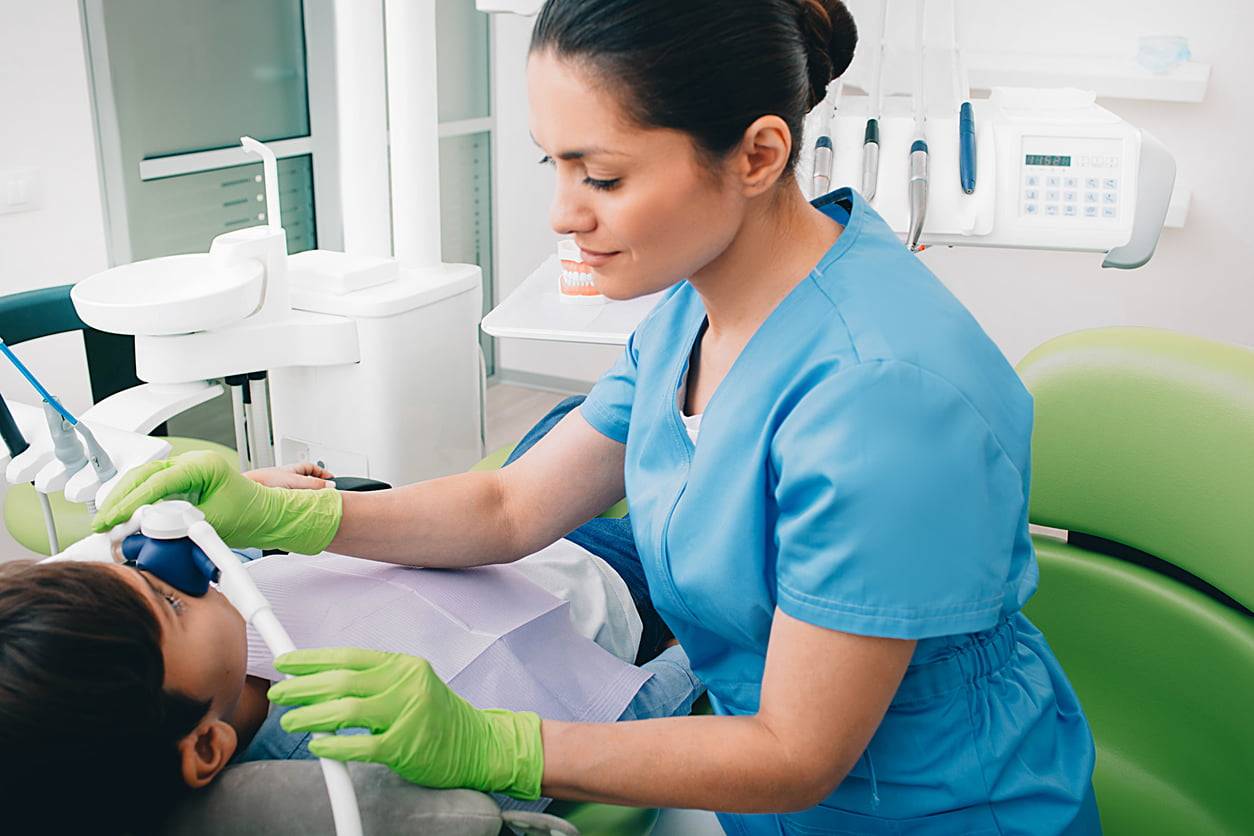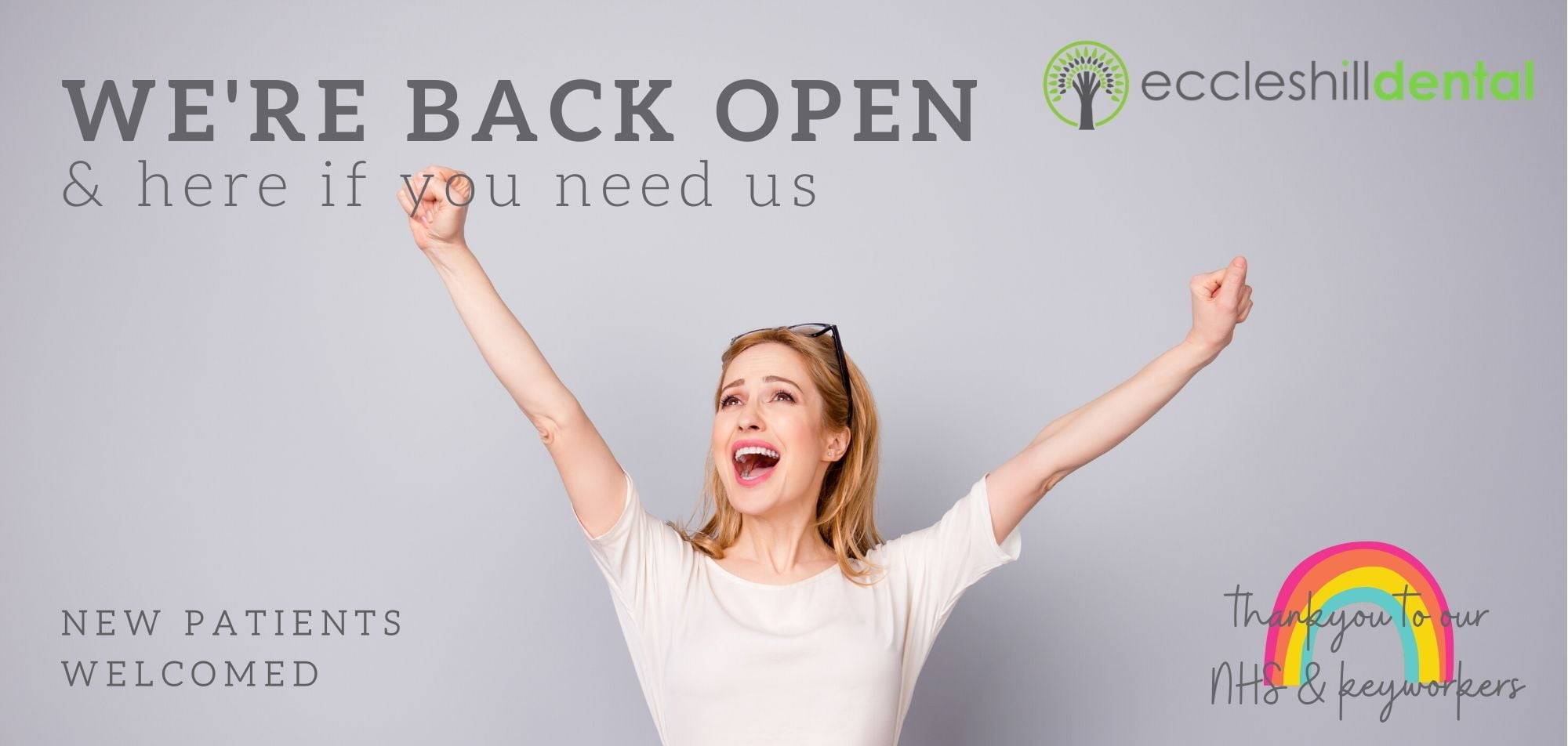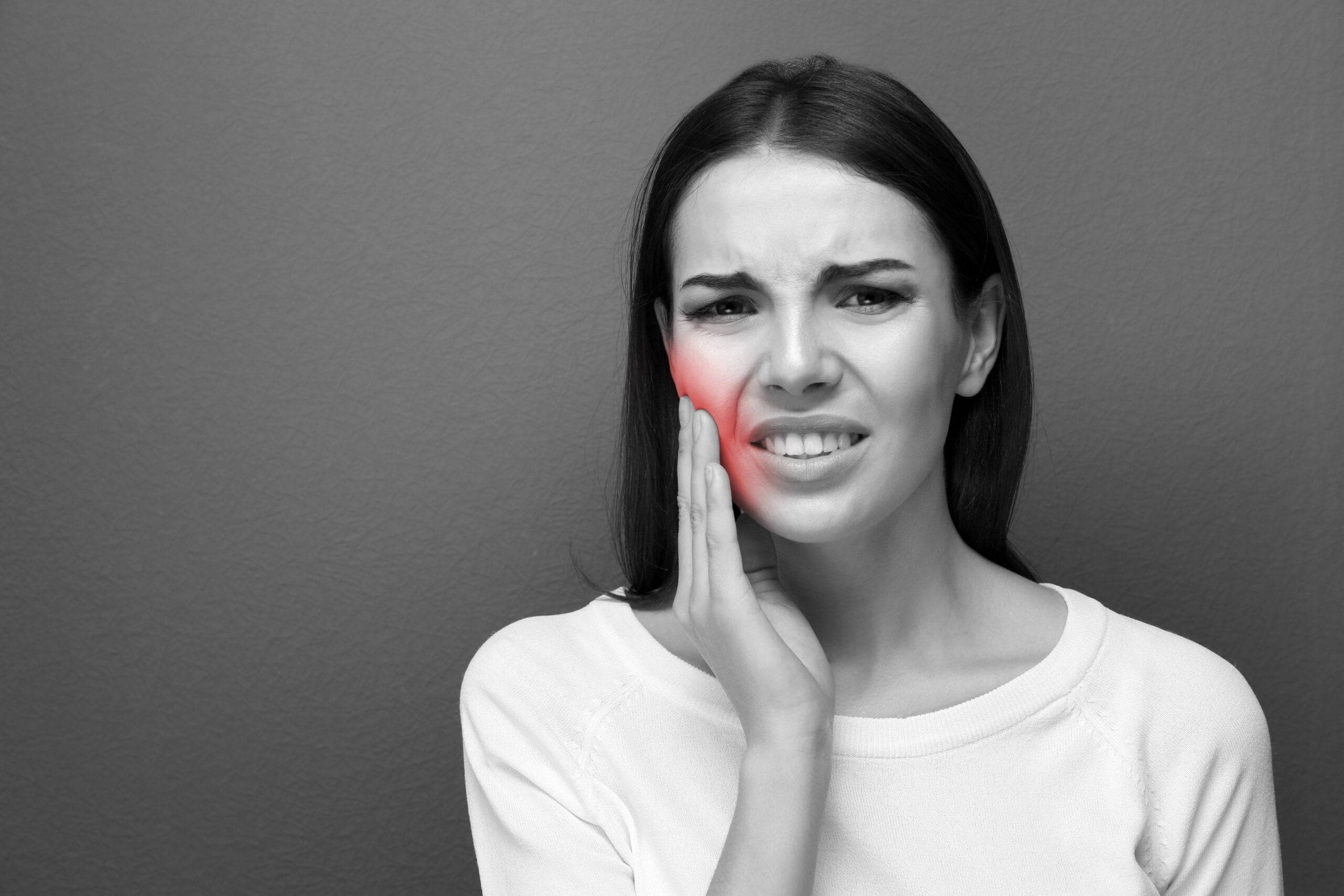Visiting the dentist can be a source of anxiety for many individuals, ranging from mild unease to full-blown dental phobia. Dental procedures, even routine check-ups, can trigger fear due to the perceived discomfort and potential pain. Thankfully, dental sedation techniques have emerged as a valuable solution, offering patients a comfortable and stress-free experience during their dental visits. In this blog, we will explore what dental sedation is, the different types available, their benefits, and safety considerations to put your mind at ease and encourage regular dental care.
Understanding Dental Sedation
Dental sedation is a technique used by dentists to relax patients and minimize their discomfort during dental procedures. It involves administering medication that induces a state of relaxation, helping patients feel at ease throughout their treatment. Dental sedation is primarily employed for individuals who experience anxiety or phobia related to dental visits, but it can also be beneficial for those undergoing lengthy or complex procedures.
Types of Dental Sedation
- Nitrous Oxide: Nitrous oxide, commonly known as laughing gas, is one of the mildest forms of sedation. It is delivered through a mask placed over the patient’s nose. The gas induces a sense of euphoria and relaxation, reducing anxiety during the procedure. This option is primarily used on children in a hospital environment.
- IV Sedation: Intravenous (IV) sedation is administered directly into the patient’s bloodstream through an IV line. This type of sedation allows the dentist to adjust the level of sedation during the procedure, ensuring the patient’s comfort. IV sedation is often used for more complex dental treatments or for patients with severe anxiety.
Benefits of Dental Sedation
- Anxiety Reduction: Dental sedation is particularly beneficial for patients who experience dental anxiety or phobia. By inducing relaxation, patients can approach their dental visits with a calmer mindset, leading to a more positive overall experience.
- Pain Management: Sedation can help manage pain perception during dental procedures. By minimizing discomfort, patients are more likely to cooperate with the dentist, facilitating smoother and more effective treatments.
- Time Efficiency: For patients undergoing lengthy or complex procedures, dental sedation can help them remain relaxed and cooperative throughout the treatment. This can lead to increased time efficiency and better results.
- Improved Dental Care Compliance: Regular dental check-ups are essential for maintaining good oral health. For patients who have avoided dental visits due to fear, dental sedation can encourage them to receive the necessary care, preventing potential dental problems from worsening.
Safety Considerations
While dental sedation is generally safe, dentists and dental teams must thoroughly assess each patient’s medical history and suitability for the specific sedation method. Patients should disclose any existing health conditions, allergies, or medications they are taking to avoid potential complications. Additionally, dentists should have the appropriate training and certification in dental sedation to ensure patient safety.
Conclusion
Dental sedation has transformed the way people experience dental care. By offering a relaxed and anxiety-free environment, patients can receive the dental treatment they need without fear or discomfort. Whether it’s the mild effects of nitrous oxide or the deeper relaxation of IV sedation, dental professionals can tailor the approach to suit each patient’s needs. If you’ve been avoiding the dentist due to anxiety, discuss dental sedation options with your dentist to pave the way for better oral health and a more pleasant dental experience. Remember, a healthy smile starts with overcoming your fears and taking that crucial step towards optimal dental care.






